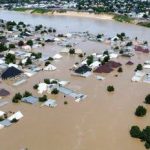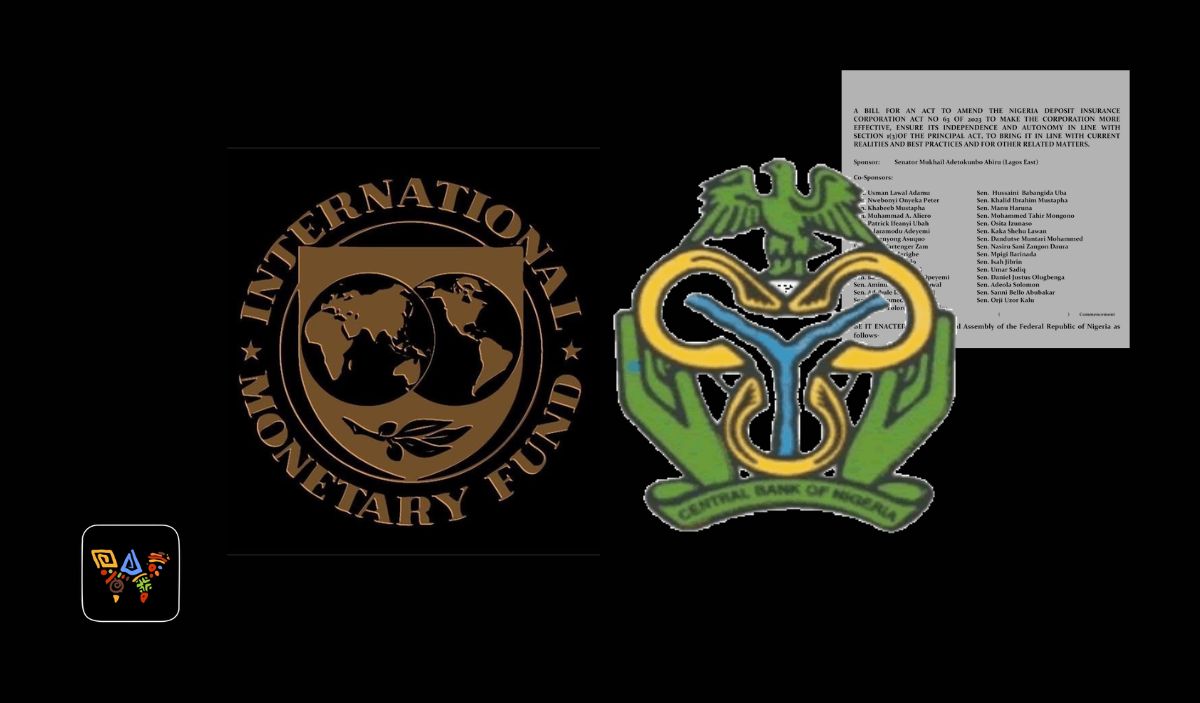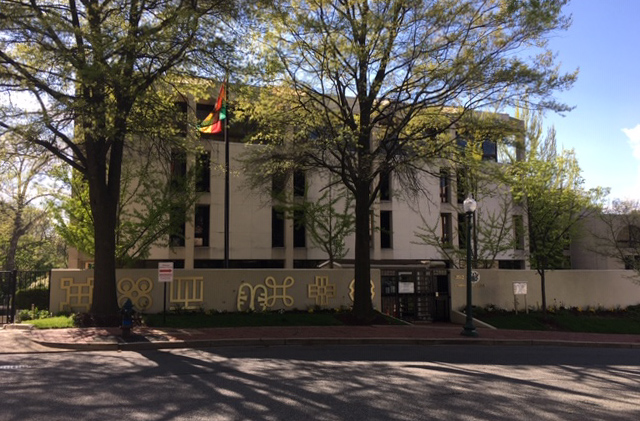
The International Monetary Fund (IMF) has advised the Nigerian authorities against the proposed amendment of the Act establishing the Central Bank of Nigeria (CBN), calling instead for strengthening the apex bank.
The Central Bank of Nigeria Act, 2007 (amendment) bill 2024, sponsored by Senator Mukhail Adetokunbo Abiru (Lagos East) and co-sponsored by 31 other Senators across Nigeria, be it enacted, seeks to amend the Nigeria Deposit Insurance Corporation Act No 63 of 2023 to make the Corporation more effective.
Furthermore, the explanatory memorandum clearly states that the proposed amendment aims to safeguard the Nigeria Deposit Insurance Corporation’s independence and autonomy, bringing it in line with current realities and best practices.
Meanwhile, in a recent publication released yesterday, as maintained in the Article IV Staff Consultation Report of the Board of Governors of the global organisation, the IMF has stated that it may weaken the Central Bank’s autonomy.
The report in part reads:
The Nigerian economy is gradually recovering from the COVID-19-induced recession despite the challenges of the domestic and external environment. Moreover, volatile oil prices, alongside lingering security concerns, difficult external financing conditions, high inflation, and food insecurity, have dampened the output recovery momentum and worsened poverty levels. Against this background, the new administration, which assumed power in May 2023, embarked on ambitious reforms to stabilise macroeconomic conditions and raise growth. To this end, the authorities have already undertaken difficult reforms aimed at removing fuel subsidies, unifying the exchange rate, strengthening social protection to cushion the most vulnerable and tightening macroeconomic policies to combat inflation. Further, they instituted measures to ramp up spending on infrastructure, health, and education. Concurrently, they are directing reform efforts towards improving fiscal management, fighting corruption, strengthening governance, and tackling climate challenges to steer the economy towards a more robust, greener, and inclusive growth trajectory. The authorities are also making determined efforts to address insecurity challenges by fortifying border security.
About The Author
Mayowa Durosinmi
author
M. Durosinmi is a West Africa Weekly investigative reporter covering Politics, Human Rights, Health, and Security in West Africa and the Sahel Region
Mayowa Durosinmi
M. Durosinmi is a West Africa Weekly investigative reporter covering Politics, Human Rights, Health, and Security in West Africa and the Sahel Region
Related Articles
Cotê D’Ivoire: Thousands Rally in Abidjan as Opposition Demands Electoral Reforms Ahead of October Election
Thousands of opposition supporters gathered in Abidjan on Saturday, May 31, to...
ByJoy ChukwuJune 1, 2025Togo Stops Issuing Mining Permits to Reform Outdated Mining Code
Togo has suspended the issuance of new mining permits for prospecting and...
ByJoy ChukwuJune 1, 2025ICYMI: Ghana Shuts Down Washington Embassy Over Visa Fraud Scandal
Ghana has temporarily closed its embassy in Washington, D.C., following the uncovering...
ByJoy ChukwuMay 31, 2025Confederation of Sahel States Moves to Establish Joint Judicial Body
The Confederation of Sahel States (CSS), comprising Mali, Niger, and Burkina Faso,...
ByJoy ChukwuMay 31, 2025












